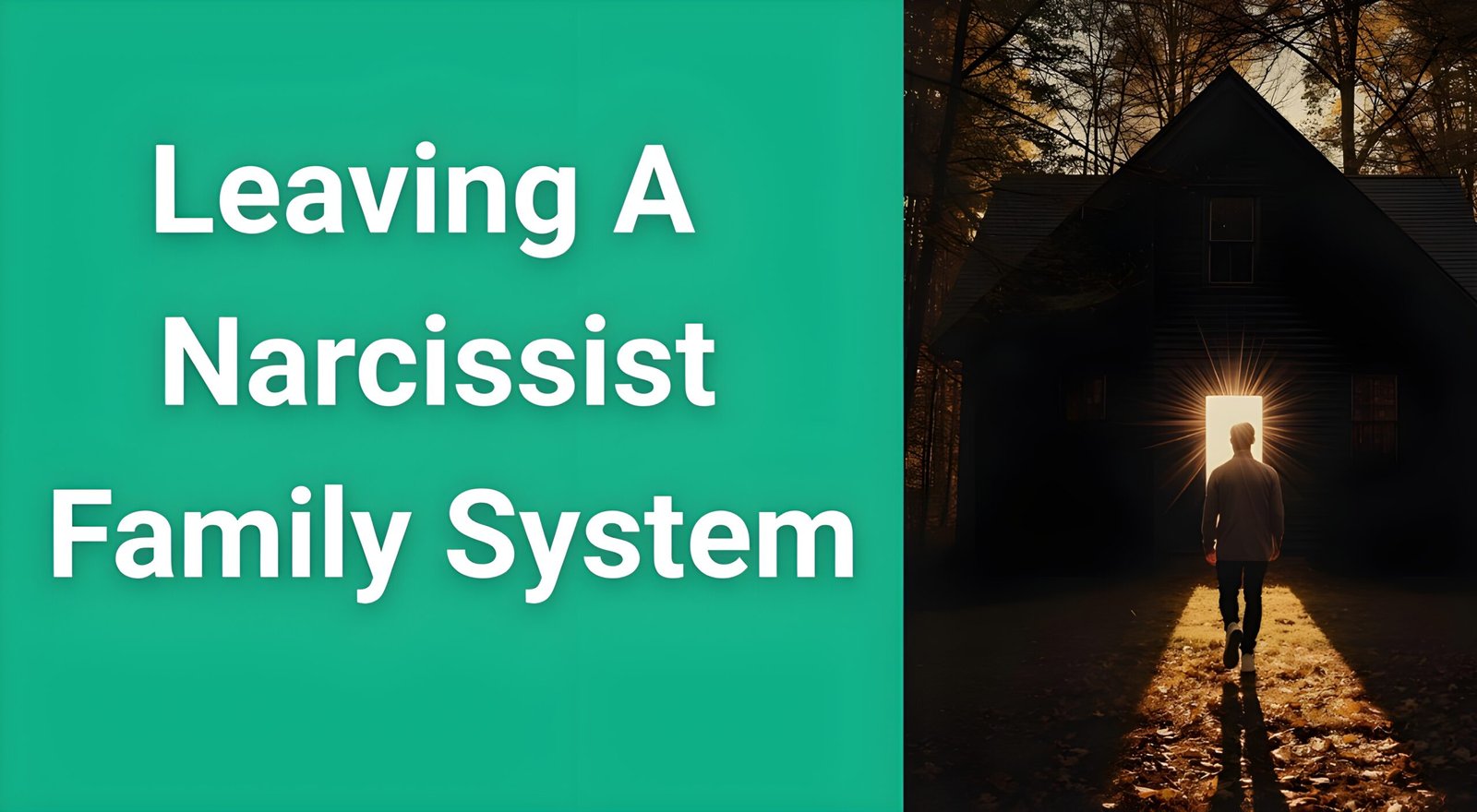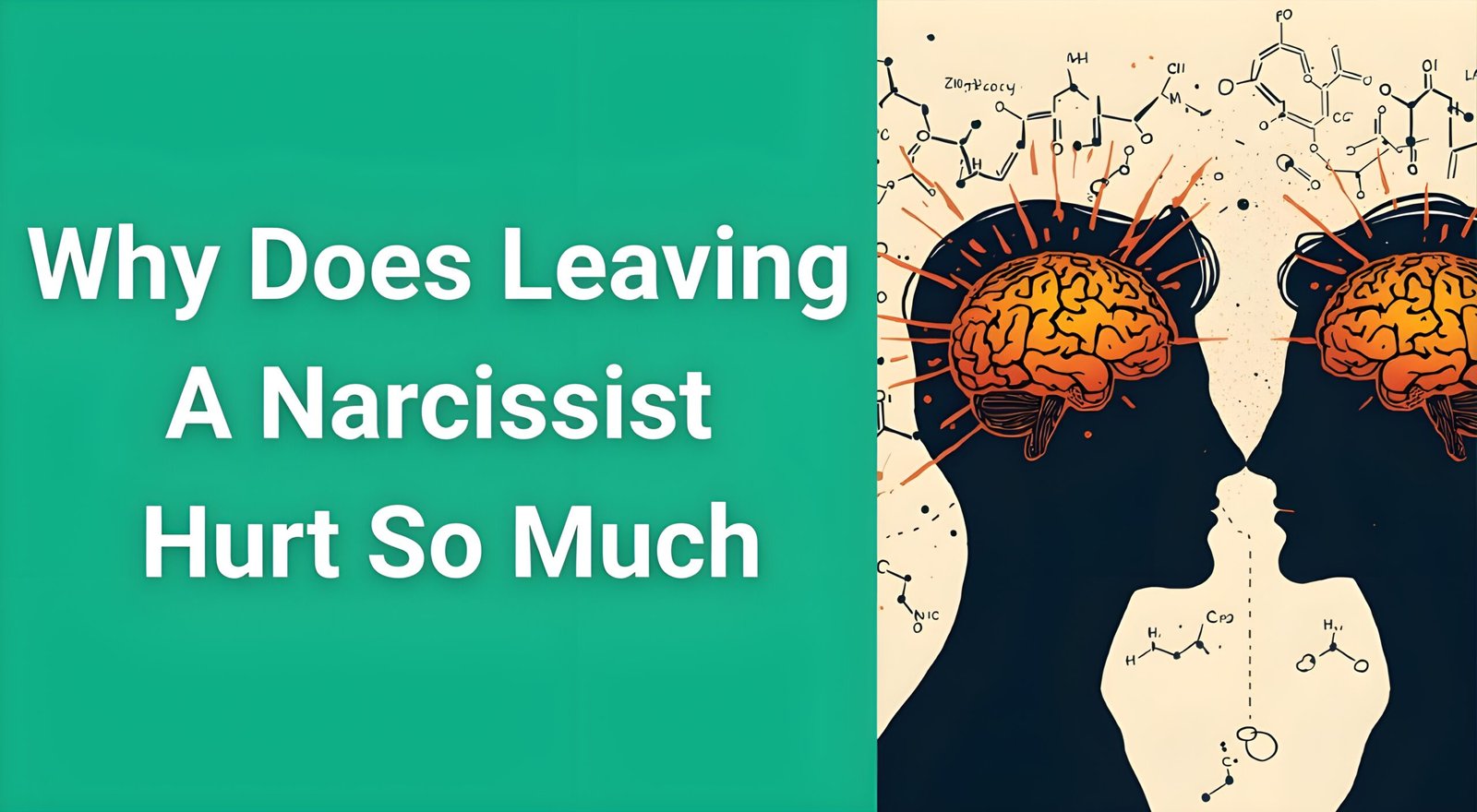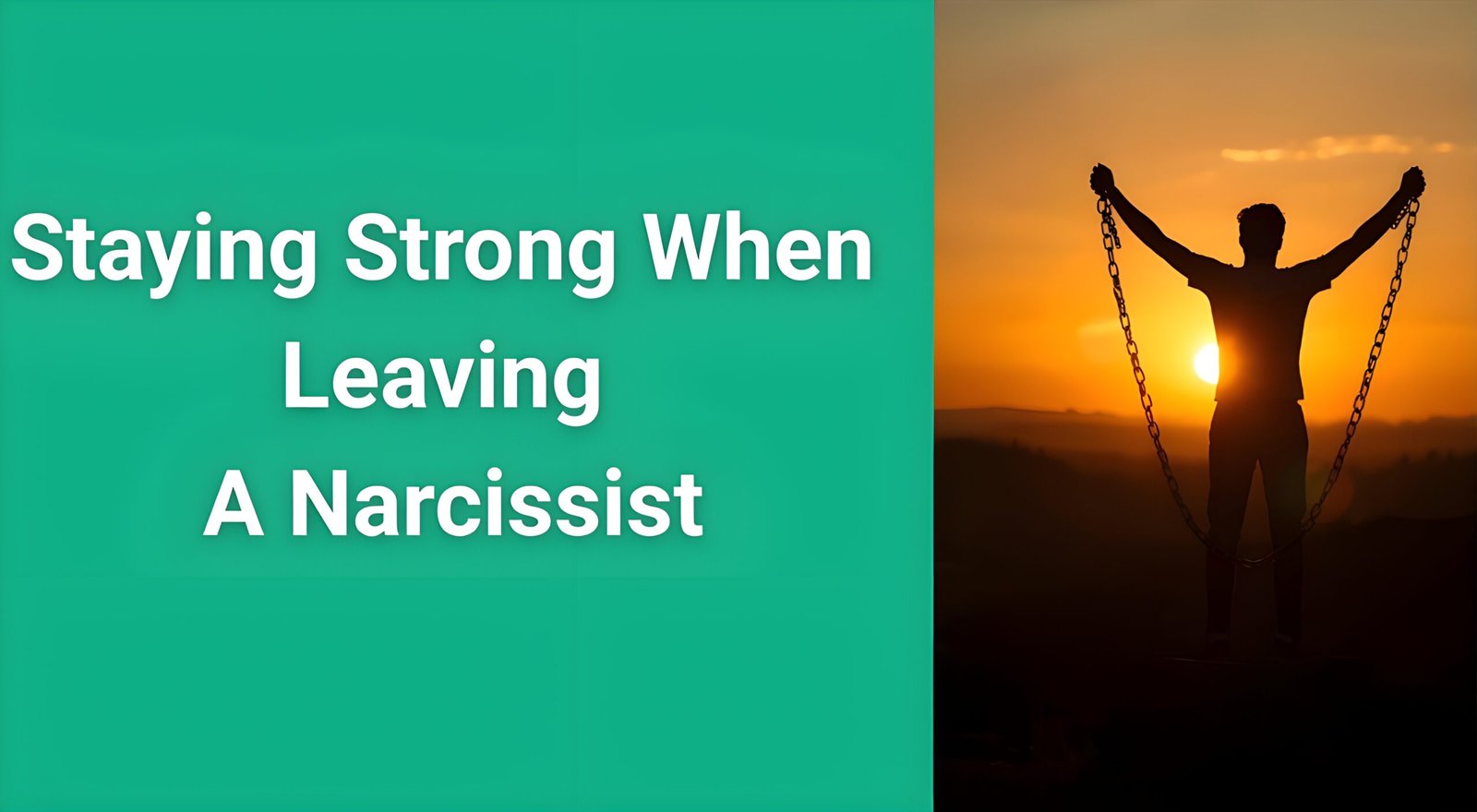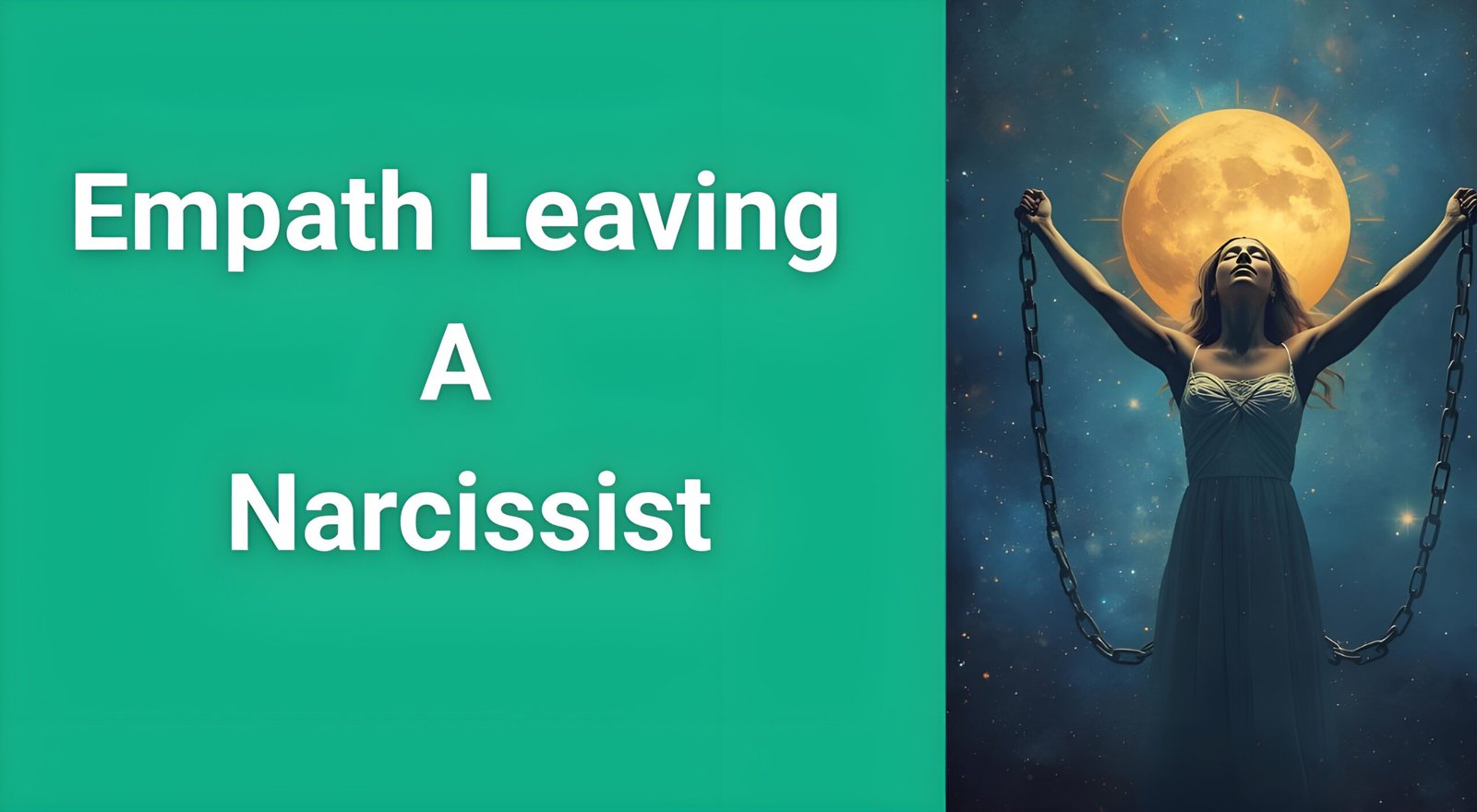The decision of leaving a narcissist family system is one of the most difficult yet liberating choices you’ll ever make. If you’ve found yourself questioning whether you’re the problem, walking on eggshells constantly, or feeling like you’re disappearing into the toxic family dynamics around you, you’re not alone—and you’re not imagining it.
- Understanding the Narcissistic Family System
- Recognizing Your Role in the Family System
- The Hidden Cost of Staying
- Preparing for the Journey: Essential Steps Before Leaving
- The Trauma Bond Challenge
- The Leaving Process: A Step-by-Step Guide
- Preserving Yourself During the Process
- Creating Your New Life Foundation
- When You Can’t Leave Yet: Survival Strategies
- Professional Help: When and How to Seek Support
- Managing Guilt, Shame, and Family Backlash
- Building Resilience for Long-Term Success
- Frequently Asked Questions
- Conclusion: Your Freedom Is Worth Fighting For
Leaving a narcissist family system isn’t just about physical distance. It’s about reclaiming your authentic self while navigating the complex web of manipulation, guilt, and trauma bonds that keep you tethered to dysfunction. This comprehensive guide will walk you through every stage of this journey, from recognizing the signs to building your new life with confidence.
Understanding the Narcissistic Family System
A narcissistic family system operates like a carefully orchestrated machine designed to serve one primary purpose: feeding the narcissistic parent’s insatiable need for control and validation. Unlike healthy families where children are nurtured to become independent individuals, narcissistic family dynamics revolve around maintaining the narcissist’s false image and emotional supply.
In these toxic family relationships, you likely experienced specific patterns that felt “normal” because they were all you knew. The narcissistic parent positioned themselves as the center of the universe, with every family member assigned a role that served their needs rather than supporting individual growth.
The Core Characteristics of Narcissistic Family Dynamics
Conditional Love and Approval: Your worth was directly tied to how well you served the family image or the narcissistic parent’s emotional needs. Love wasn’t freely given—it was earned through compliance and performance.
Reality Distortion: Gaslighting became a daily occurrence, leaving you questioning your own perceptions, memories, and feelings. What you experienced was routinely minimized, denied, or reframed to protect the narcissist’s version of reality.
Emotional Invalidation: Your feelings were consistently dismissed or used against you. Expressing hurt, anger, or disappointment was met with accusations of being “too sensitive” or “dramatic.”
Parentification: You may have been forced to manage the emotional needs of adults, becoming a therapist, mediator, or caretaker when you should have been receiving care yourself.
The psychological abuse within narcissistic family trauma runs deep because it attacks your very sense of self during your most formative years. This is why leaving a narcissist family system feels so overwhelming—you’re not just leaving people, you’re challenging the entire foundation of what you believed about love, family, and your own worth.
Recognizing Your Role in the Family System
Before leaving a narcissist family system, it’s crucial to understand the role you were assigned. Each family member serves a specific function in maintaining the narcissistic parent’s control and image.
The Scapegoat
If you were the family scapegoat, you absorbed the blame for everything wrong in the family. Your achievements were minimized while your mistakes were magnified and used as evidence of your fundamental “badness.” Scapegoats often become the truth-tellers of the family, which threatens the narcissistic system’s carefully constructed facade.
The psychological impact of scapegoating creates complex trauma symptoms that can persist long into adulthood. You may struggle with self-doubt, perfectionism, and an overwhelming sense of responsibility for others’ emotions.
The Golden Child
Golden children receive conditional praise and special treatment, but only when they perfectly reflect the narcissistic parent’s desired image. This role creates its own trauma through the pressure to maintain impossible standards and the fear of losing approval.
The Lost Child
Lost children learn to become invisible as a survival strategy. They may seem “easy” or “low-maintenance,” but this invisibility often masks deep emotional neglect and a profound sense of not mattering.
Understanding your assigned role helps explain why leaving a narcissist family system feels so threatening—you’re not just changing your location, you’re refusing to play the part that maintained the entire dysfunctional structure.
The Hidden Cost of Staying
Many people delay leaving a narcissist family system because they underestimate the ongoing damage of staying. The cost isn’t just emotional—it affects every area of your life.
Impact on Your Mental Health
Remaining in narcissistic family dynamics perpetuates complex trauma symptoms including:
- Chronic hypervigilance and anxiety
- Depression and emotional numbness
- Difficulty trusting your own perceptions
- Overwhelming guilt and shame
- Identity confusion and loss of sense of self
Relationship Patterns
Growing up in a narcissistic family system programs you to accept toxic behavior as normal. You may find yourself repeatedly attracting narcissistic partners, friends, or bosses because dysfunction feels familiar.
Physical Health Consequences
The chronic stress of navigating narcissistic family abuse takes a toll on your body. Many survivors report:
- Chronic fatigue and autoimmune issues
- Digestive problems and eating disorders
- Sleep disturbances and nightmares
- Tension headaches and muscle pain
Professional and Personal Growth
Narcissistic family systems stunt individual development because personal growth threatens the established hierarchy. Your career, relationships, and life goals may all suffer from the emotional energy required to manage family dysfunction.
Preparing for the Journey: Essential Steps Before Leaving
Successfully leaving a narcissist family system requires careful preparation, especially when dealing with trauma bonds that make you feel addicted to the very people who harm you.
Step 1: Build Your Support Network
The isolation tactics used by narcissistic family systems make leaving feel impossible because you believe you have no one else. Building connections outside the family becomes your lifeline.
Professional Support: Connect with a therapist who understands narcissistic abuse and family systems. Look specifically for professionals trained in complex trauma and family scapegoating abuse.
Trusted Friends: Identify people in your life who see your worth and validate your experiences. These relationships help counter the gaslighting you’ve experienced.
Support Groups: Both online and in-person support groups for narcissistic abuse survivors provide invaluable validation and practical advice from people who truly understand.
Step 2: Financial Independence
Financial control is a common tool in narcissistic family systems. Creating financial independence is crucial for your freedom:
- Open your own bank account if you don’t have one
- Build an emergency fund, even if it’s small amounts
- Secure important documents (birth certificate, Social Security card, etc.)
- Research financial assistance programs if needed
- Consider job training or education that increases your earning potential
Step 3: Document the Abuse
Your memories may be clouded by gaslighting, making documentation essential:
- Keep a private journal of incidents (stored securely away from family access)
- Save threatening texts or emails
- Note patterns of behavior and their impact on your mental health
- Record your own voice telling your story to preserve your truth
Step 4: Create a Safety Plan
If there’s any risk of escalation when you leave, create a detailed safety plan:
- Identify safe places to go in an emergency
- Have important phone numbers memorized
- Pack an emergency bag with essentials
- Inform trusted friends about your situation
- Know the location of domestic violence resources in your area
The Trauma Bond Challenge
One of the most confusing aspects of leaving a narcissist family system is the trauma bond—that inexplicable pull that makes you crave connection with the very people who hurt you. Understanding this psychological phenomenon is crucial for your success.
Trauma bonds form through intermittent reinforcement, where periods of cruelty are followed by moments of kindness or love. This creates a powerful addiction-like attachment that your brain interprets as love, even when your logical mind knows the relationship is harmful.
Breaking the Trauma Bond
Breaking free from trauma bonds requires more than willpower—it requires rewiring your brain’s response patterns. The 30-Day Trauma Bond Recovery Workbook offers a science-based approach to dismantling these psychological chains through daily exercises designed to:
- Stabilize your nervous system during withdrawal-like symptoms
- Create “contact firewalls” that prevent impulsive returns to the family system
- Rebuild your ability to trust your own perceptions
- Develop healthy coping mechanisms for emotional triggers
The workbook recognizes that trauma bonds function like addiction, requiring specific strategies that address both the psychological and neurological aspects of the attachment.
The Leaving Process: A Step-by-Step Guide
Phase 1: The Decision Point
Making the decision to leave a narcissist family system often happens in stages. You might start with reducing contact, setting boundaries, or simply questioning whether the dysfunction is normal.
Trust the voice inside you that says “this isn’t right.” Your intuition is recovering from years of being suppressed, and these early warning signs are valid and important.
Phase 2: Limited Contact Trial
Before going completely no contact, many people benefit from a limited contact approach:
Gray Rock Technique: Become as boring and unresponsive as possible during interactions. Provide minimal information and avoid emotional reactions that can fuel the narcissist’s need for drama.
Boundary Implementation: Start small with boundaries you can maintain consistently. Practice saying “no” to requests that drain your energy or compromise your values.
Information Diet: Stop sharing personal information about your life, goals, or challenges. Narcissistic family members will use this information to manipulate or sabotage you.
Phase 3: Physical Separation
When you’re ready for physical distance, plan your exit carefully:
- Choose a time when you feel emotionally strong
- Have your living situation secured in advance
- Inform trusted friends of your plans
- Remove yourself from family group chats and social media connections
- Change your address with important institutions
Phase 4: Managing the Aftermath
The period immediately following your departure from a narcissistic family system can be the most challenging. Expect:
Hoovering Attempts: The family may escalate their efforts to pull you back in, alternating between love-bombing and punishment.
Flying Monkeys: Other family members or friends may pressure you to “forgive and forget” or make you feel guilty for leaving.
Grief and Doubt: You’ll grieve the family you wished you had while doubting whether you made the right decision.
Preserving Yourself During the Process
The fear of “losing yourself” when leaving a narcissist family system is valid—these relationships often blur the boundaries between where you end and others begin. However, the truth is that staying in the system is what causes you to lose yourself. Leaving creates space for you to rediscover who you really are.
Reconnecting with Your Authentic Self
Rediscover Your Preferences: Start with small things—what do you actually like to eat, watch, or do when no one is judging or controlling your choices?
Explore Suppressed Interests: What dreams or goals did you abandon to keep peace in the family? Begin exploring these interests again, even in small ways.
Practice Self-Compassion: Treat yourself with the kindness you would show a good friend. Your inner critic likely sounds like your narcissistic family members—consciously replace those voices with compassion.
Honor Your Feelings: Allow yourself to feel whatever emotions come up without judgment. Your feelings are valid information about your experience, not character flaws to be fixed.
Building New Relationships
Learning to form healthy relationships after leaving a narcissist family system takes time and practice:
- Start with low-risk connections like hobby groups or volunteer organizations
- Practice identifying red flags early in relationships
- Learn to recognize the difference between healthy vulnerability and trauma bonding
- Give yourself permission to end relationships that feel familiar but unhealthy
Creating Your New Life Foundation
Establishing New Routines and Rituals
Without the chaos of narcissistic family dynamics, you may feel disoriented by the peace. Creating positive routines helps build stability:
- Morning rituals that center and ground you
- Regular self-care practices that nurture your body and spirit
- Creative outlets that express your authentic self
- Exercise or movement that helps process trauma stored in your body
Professional Growth and Purpose
Many survivors find that leaving a narcissist family system unleashes creative and professional energy that was previously suppressed:
- Pursue education or training that was previously discouraged
- Explore career paths that align with your values, not family expectations
- Develop skills that build confidence and independence
- Consider how your experience might help others in similar situations
Spiritual and Philosophical Exploration
Narcissistic family systems often impose rigid beliefs or discourage spiritual exploration. Freedom allows you to:
- Explore different spiritual practices or philosophies
- Question inherited beliefs and form your own worldview
- Connect with nature and find peace in solitude
- Develop a sense of purpose beyond serving others’ needs
When You Can’t Leave Yet: Survival Strategies
Not everyone can immediately leave a narcissist family system due to financial constraints, age, health issues, or other circumstances. If you’re in this situation, focus on emotional and psychological preparation while protecting your mental health.
Internal Boundaries
When physical boundaries aren’t possible, internal boundaries become crucial:
- Mentally step outside conversations and observe the dynamics objectively
- Remind yourself regularly that their behavior isn’t about you
- Create internal mantras that reinforce your worth and reality
- Practice emotional detachment during family interactions
Building Secret Support
- Connect with online support communities using privacy measures
- Text or call trusted friends when safe to do so
- Keep a private journal on your phone or in a secure location
- Research resources and make plans for future independence
Protecting Your Mental Health
- Practice grounding techniques during stressful interactions
- Limit your exposure to family dysfunction when possible
- Focus on activities that bring you joy and peace
- Remember that this situation is temporary, even when it doesn’t feel that way
The resource “How to Survive When You Can’t Leave Yet” provides comprehensive strategies for maintaining your sanity and preparing for eventual freedom when immediate escape isn’t possible.
Professional Help: When and How to Seek Support
Understanding Your Therapeutic Needs
Recovery from narcissistic family abuse often requires specialized support. Look for professionals who understand:
- Complex trauma and its effects on the nervous system
- Family systems therapy and scapegoating dynamics
- Narcissistic abuse patterns and recovery
- Trauma bonding and attachment issues
The Role of Personalized Analysis
Sometimes you need more than general advice—you need someone to look at your specific situation and help you understand exactly what you’re dealing with. Professional analysis can provide:
- Validation that your experiences were indeed abusive
- Clear identification of manipulation tactics used against you
- Personalized strategies based on your family’s specific dynamics
- A roadmap for recovery tailored to your situation
The Narcissistic Abuse Clarity Report offers this type of personalized analysis, providing expert evaluation of your specific circumstances within 72 hours. This confidential assessment helps you understand exactly what type of narcissistic abuse you’ve experienced and creates a customized plan for your recovery and protection.
Finding the Right Support
- Ask potential therapists about their experience with narcissistic abuse
- Look for trauma-informed practitioners who won’t minimize your experience
- Consider support groups specifically for adult children of narcissists
- Don’t be afraid to change therapists if the fit isn’t right
Managing Guilt, Shame, and Family Backlash
Understanding the Guilt Response
Guilt after leaving a narcissist family system is normal and expected. This guilt was programmed into you as a control mechanism. Remember:
- Feeling guilty doesn’t mean you’ve done something wrong
- Your guilt is evidence of your empathy, not your selfishness
- Healthy families don’t require children to sacrifice their wellbeing for family harmony
- You’re not responsible for your family’s emotional reactions to your boundaries
Handling Family Backlash
When you leave a narcissist family system, expect reactions designed to pull you back:
Love Bombing: Sudden expressions of love, gifts, or promises to change. Remember that this is temporary manipulation, not genuine transformation.
Punishment: You may be cut off financially, excluded from family events, or subjected to character assassination. While painful, these responses confirm you made the right decision.
Smear Campaigns: The family may spread lies about you to mutual friends or extended family. Focus on your truth and the people who know your character.
Health Crises and Emergencies: Narcissistic family members may manufacture crises to force contact. Verify emergencies through third parties when possible.
Dealing with Others’ Reactions
People who haven’t experienced narcissistic family abuse often don’t understand your decision. Common responses include:
- “But they’re your family!”
- “You only get one mother/father.”
- “Can’t you just forgive and move on?”
- “Family is everything.”
Prepare simple responses that protect your privacy:
- “This decision wasn’t made lightly.”
- “I need to do what’s best for my mental health.”
- “The situation is more complicated than it appears.”
- “I appreciate your concern, but this isn’t up for discussion.”
Building Resilience for Long-Term Success
Developing Emotional Regulation Skills
Growing up in narcissistic family chaos often means you never learned healthy emotional regulation. Key skills include:
- Identifying emotions without being overwhelmed by them
- Using breathing techniques to manage anxiety and panic
- Creating space between feeling and reacting
- Developing healthy ways to process anger and grief
Creating a Prevention Plan
To avoid falling back into toxic patterns:
- Learn to identify red flags in new relationships
- Practice asserting boundaries early and consistently
- Regular check-ins with trusted friends or therapists
- Ongoing education about healthy relationship dynamics
Celebrating Your Progress
Recovery from narcissistic family abuse is a significant achievement that deserves recognition:
- Acknowledge small victories along the way
- Keep a record of positive changes in your life
- Surround yourself with people who celebrate your growth
- Remember that healing isn’t linear—setbacks don’t erase progress
Frequently Asked Questions
Q: How do I know if leaving a narcissist family system is the right choice?
A: If you consistently feel drained, confused, or diminished after family interactions, and if your attempts to set boundaries are met with escalation or manipulation, leaving may be necessary for your mental health and personal growth.
Q: Will the pain of leaving ever go away?
A: The acute pain of leaving typically decreases over time, especially with proper support and therapy. While you may always feel some sadness about not having the family you deserved, this sadness is different from the ongoing trauma of staying in an abusive system.
Q: What if my family changes after I leave?
A: While it’s natural to hope for change, true transformation in narcissistic family systems is rare without professional intervention and genuine accountability. Focus on your own healing rather than waiting for others to change.
Q: How do I handle holidays and special occasions?
A: Create new traditions that honor your values and wellbeing. You might celebrate with chosen family, volunteer for causes you care about, or simply treat these days as normal days if that feels better.
Q: Will I be able to have healthy relationships after this experience?
A: Yes, with time, therapy, and conscious effort, you can absolutely develop healthy relationships. Your awareness of toxic patterns actually gives you an advantage in recognizing and creating healthier dynamics.
Q: Should I tell other family members why I’m leaving?
A: This depends on your specific situation and safety concerns. Sometimes a brief, honest explanation can be helpful, but don’t expect understanding or support. Protect yourself from getting pulled into defending your decision.
Conclusion: Your Freedom Is Worth Fighting For
Leaving a narcissist family system without losing yourself isn’t just possible—it’s the path to discovering who you truly are beneath the roles and expectations imposed on you. The journey requires courage, support, and patience with yourself as you heal from complex trauma and learn to trust your own perceptions again.
Remember that choosing yourself isn’t selfish—it’s necessary. You cannot pour from an empty cup, and staying in a system that drains your life force helps no one, including the family members you’re trying to protect.
Your healing journey may include setbacks and challenges, but each step away from dysfunction is a step toward your authentic self. You deserve relationships based on mutual respect, love without conditions, and the freedom to become whoever you’re meant to be.
The courage it takes to break generational patterns of abuse is extraordinary. By leaving a narcissist family system, you’re not just saving yourself—you’re breaking the cycle for future generations and modeling what it looks like to value your own worth.
Your freedom is worth fighting for. Your peace is worth protecting. And your authentic self is worth discovering, no matter how long the journey takes.
If you’re struggling with the decision to leave or need support during your recovery journey, remember that specialized help is available. Don’t try to navigate this complex process alone—you deserve expert guidance, validation, and tools specifically designed for narcissistic abuse recovery.






